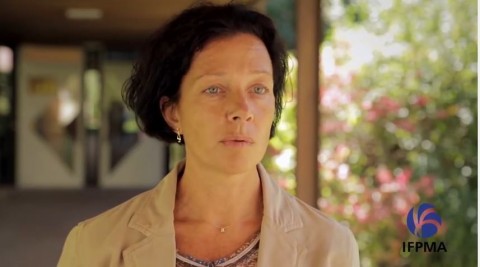Delivered by Mario Ottiglio, Director, Public Affairs, Communications & Global Health Policy
WHO Executive Board 136 – Item 9.4, 2014 Ebola virus disease outbreak
Thank you for the opportunity to contribute to this important discussion today. IFPMA represents leading research-based pharmaceutical companies and national and regional industry associations across the world.
In response to the Ebola emergency, IFPMA members are working at an exceptional pace, in close collaboration with WHO and with the support of regulators, to develop new, safe and effective vaccines for frontline healthcare workers and the general public. Currently, three promising vaccine candidates are undergoing clinical trials. One vaccine candidate will shortly enter a major phase 3 trial in the affected countries, while the other two are undergoing the first phase of trials. A fourth vaccine candidate is in preclinical phase. Furthermore, four IFPMA Members are working to develop or support development of treatments for Ebola.
In addition, IFPMA members have actively supported emergency relief efforts, working closely with NGOs and governments and having so far contributed over $10 million USD in cash and in-kind benefits.
Our industry has a proven track record of research and development for new treatments to improve and save the lives of those threatened by neglected tropical diseases, predominantly in low-income countries. The industry frequently works with a variety of partners to improve access efforts, including through product donations.
The Ebola crisis has demonstrated the importance of resilient health systems, underpinned by adequately resourced primary care and immunization programs. Investing in human resources, increasing per-capita spending on health, and better general infrastructure are all critical to lay the foundations for control of similar epidemics.
We share the concerns that the response to this outbreak by the global health community was too slow and welcome the consideration of new mechanisms that will ensure multi-stakeholder contributions to global preparedness for future health crises. Greater national and international prioritization of health goals in the post- 2015 agenda will define the health of future generations. Our industry stands ready to play its part.










